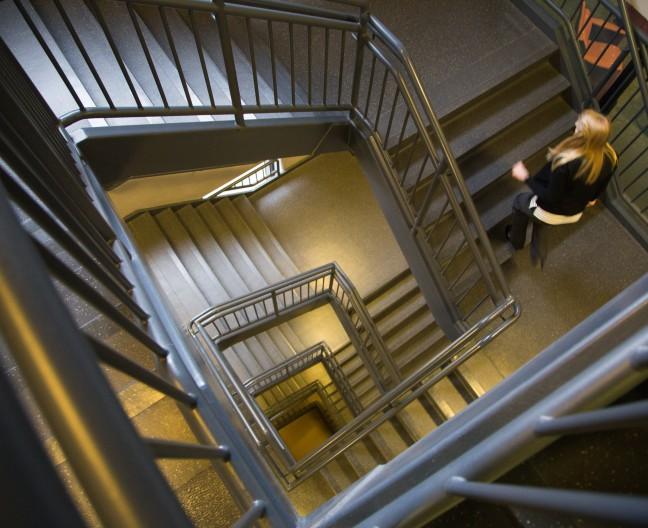Late last month, Republicans in the state government introduced a proposal to remove certain requirements for Wisconsin school district administrators. Under the bill, school administrators would no longer need to hold specific experience and training, such as a teacher’s or principal’s license, as required by current laws. The bill attempts to address unusually high turnover rates for school administrators in the state.
According to data from the Wisconsin Policy Forum, 17.6% of schools in Wisconsin faced a principal turnover each year on average. Among schools serving low-income students and predominantly students of color, this rate was even higher at 23.1%.
Principal and superintendent turnover has an undeniably negative impact on students. A Brookings Institute study shows when principals leave their positions voluntarily, student test scores and teacher retention rates both decline as a result. For underfunded and underperforming schools, administrative turnover behaves as a vicious positive feedback loop — higher principal turnover rates lead to lower student achievement which then correlates with higher turnover rates among principals.
Wisconsin Republicans are correct — something needs to be done to address the decade-long uptick in turnover rates among school administrators. But relaxing qualification requirements for those positions may only exacerbate existing issues and fail Wisconsin public school districts.
Despite the difficulties of school leadership during the pandemic, Wisconsin has yet to see a further increase in principals and superintendents leaving their positions. This likely will not remain the case. The Wisconsin Policy Forum believes many school administrators delayed retirement at the onset of the pandemic out of an obligation to their district and will plan to retire in the near future, potentially creating a huge vacuum of demand for principals and superintendents.
This is where Michael Collins, president of the superintendent search firm Ray and Associates, sees a sizable mismatch between the number of trained candidates ready to take up leadership positions and the number of veteran superintendents retiring or leaving in droves. Collins says current district leaders must be able to “chew gum, walk and run a marathon right now.” Not enough school leaders entering superintendent positions are able to do that.
The complexities of steering a school district in the right direction, balancing budgets and managing staff are tall orders — lowering barriers to entry would simply put unqualified candidates in positions they lack the necessary skills and experience for. Doing so would only add to turnover rates, as school administrators realize they are not fit for the demands of the job.
Wisconsin, however, has no emergency imperative to introduce such drastic measures to fill the demand for principals and superintendents in the state. According to the University of Wisconsin School of Education, all superintendent positions in the state are currently filled as of late September. The state is no outlier when it comes to turnover rates either — Wisconsin’s figure is similar to the national average.
A director at the state’s Department of Public Instruction, Jennifer Kammerud, believes lowering the standard for public school administrators in Wisconsin will degrade the experiences of students and educators. The proposed bill also “breaks the state’s promise to the public” that leaders in public schools will have the necessary set of skills and experience for the position.
Proponents of the bill point to Milwaukee’s exemption from the same licensing requirements for school administrators as a testament that individuals, formally licensed or not, can have the capacity to excel in school and district leadership roles. Notably, the esteemed superintendent of Milwaukee Public Schools during the early 1990s, Howard Fuller, lacked the licensure other areas of the state require for superintendents.
The Fuller example is an exception, not the rule, and cannot be used to represent the average competency of an unlicensed school administrator. Wisconsin communities deserve to know their superintendents and principals know how to serve the needs of teachers, students and the wider community first-hand. A move away from a high expectation of licensing and experience places the trust communities can have in their public school leaders in jeopardy.
In rural areas of the state, superintendents are asked to oversee many duties at once — curriculum and instruction, managing teachers, special education, and enforcing all state and federal laws, says Kammerud. Around 44% of Wisconsin’s PK-12 public school students attend schools in rural communities. This bill would threaten the quality of leadership and educational standards for hundreds of thousands of Wisconsin students.
It should not be controversial to require new superintendents to know what it’s like to be a teacher through classroom experience and hold a principal’s license — teachers and students around the state deserve that much. While the state legislature currently tries to strangle Wisconsin’s public colleges, public K-12 schools should not be next on the chopping block with a regressive level of standards for administrators.
Jack Rogers (jrogers@badgerherald.com) is a sophomore studying Chinese and economics


